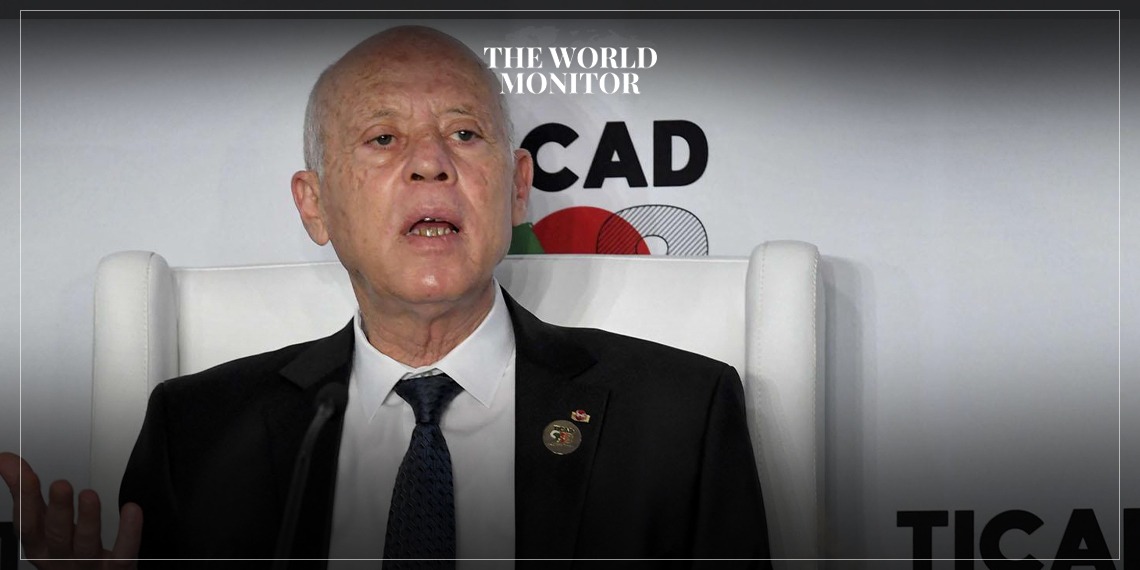Tunisian President Kais Saied affirmed on Sunday his commitment to eliminating all forms of corruption and purging the country of those who have exploited it for decades.
During an inspection tour in the governorates of Kairouan and Siliana, President Saied emphasized the need for every state official to take full responsibility towards the Tunisian people. He stated, “Those who allow themselves to starve Tunisians will bear full responsibility. It is imperative to put an end to monopolists and illegal distribution methods.”
President Saied assured that all citizens would be treated equally in practice, moving away from favoritism and cronyism. He added that private companies could be a solution to youth unemployment by creating job opportunities for them.
The Tunisian National Guard General Administration announced on Sunday the arrest of six terrorist elements in the regions of Beja, Nabeul, Ben Arous, and Bizerte.
The National Guard stated in a press release that these individuals were arrested on charges of belonging to a terrorist organization, noting that they had been sentenced to prison terms ranging between one and two years.
The National Guard also mentioned that the necessary legal procedures regarding these individuals had been taken.
Terrorism in Tunisia has been a complex and evolving challenge, with various groups and factors contributing to the threat. The country has seen a significant number of its citizens, formerly aligned with al-Qaeda, shifting allegiance to ISIS. Groups such as the Ansar al-Sharia in Tunisia (AST) have been successful in recruiting members, capitalizing on ideological and economic factors. The increased civil liberties following the 2011 Tunisian Revolution enabled extremist groups to preach and recruit more freely, with AST holding significant conferences to spread its message and discuss its future.
Several terrorist incidents have occurred in urban and rural areas of Tunisia. These include attacks targeting government personnel, especially members of the security forces, and have been claimed by groups pledging allegiance to the Islamic State. However, the connections to the global terrorist network are often limited, with operational skills of the cells being self-taught and prone to failure.
Tunisia’s proximity to the volatile situation in Libya and the presence of Al-Qaeda in the Islamic Maghreb (AQIM) in the region have also influenced the terrorist landscape. The Tunisian government has made considerable strides in countering terrorism through various measures. These include enhancing the technical skill and experience of security forces, improving intelligence gathering and analysis, and implementing interagency coordination.






